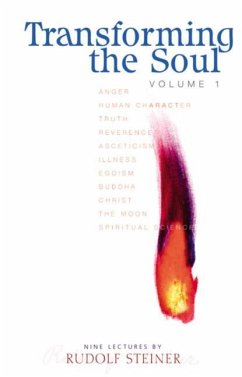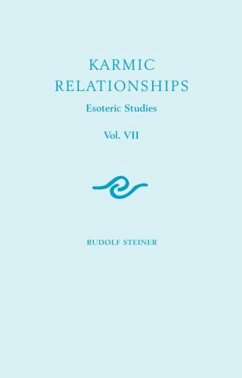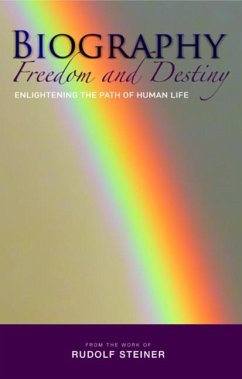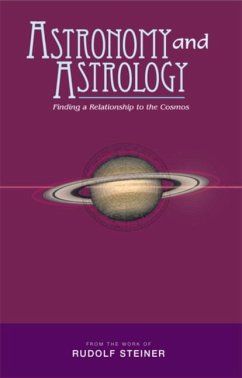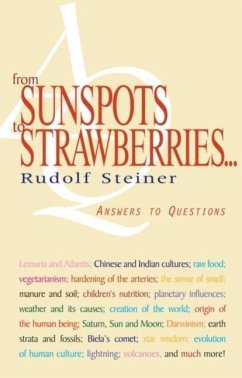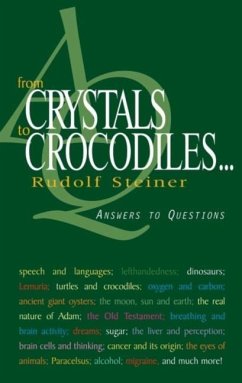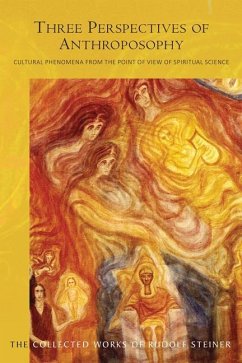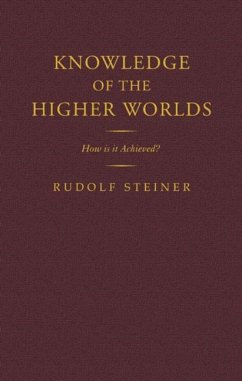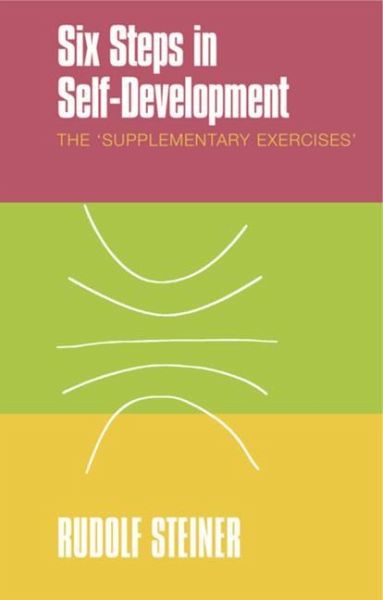
Six Steps in Self-Development
The "Supplementary Exercises"
Mitwirkender: Baydur, Ates

PAYBACK Punkte
9 °P sammeln!
The so-called supplementary exercises--intended for practice along with the "review exercises" and meditation--are integral to the path of inner development presented by Rudolf Steiner. Together, they form a means of experiencing the spiritual realm in full consciousness. Meditation enlivens thinking; the review exercises cultivate the will; and the supplementary exercises educate and balance the feeling life. Practiced conscientiously, this path of self-knowledge and development has the effect of opening a source of inner strength and psychological health that soon manifest in daily life. In ...
The so-called supplementary exercises--intended for practice along with the "review exercises" and meditation--are integral to the path of inner development presented by Rudolf Steiner. Together, they form a means of experiencing the spiritual realm in full consciousness. Meditation enlivens thinking; the review exercises cultivate the will; and the supplementary exercises educate and balance the feeling life. Practiced conscientiously, this path of self-knowledge and development has the effect of opening a source of inner strength and psychological health that soon manifest in daily life. In six stages, these exercises enable the practice of qualities we may summarize as: * control of thoughts * initiative of will * equanimity * positivity * open-mindedness * equilibrium of soul >In this invaluable little book, the editor has gathered virtually all Steiner's statements on the "supplementary exercises," supporting them with commentary and notes. With a chapter devoted to each exercise, the book describes each in detail and from various perspectives.





